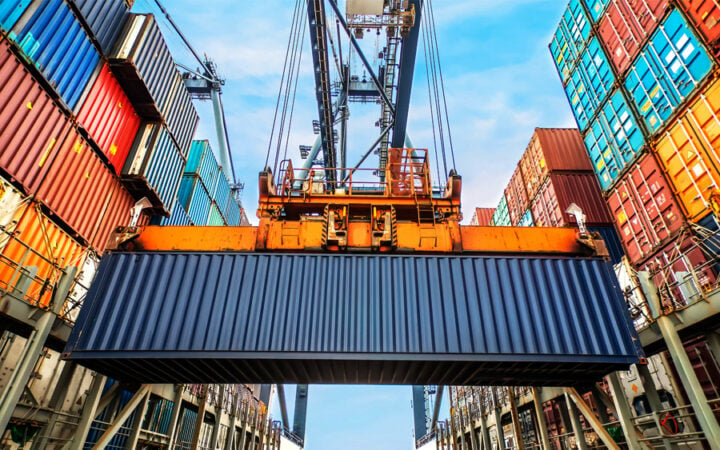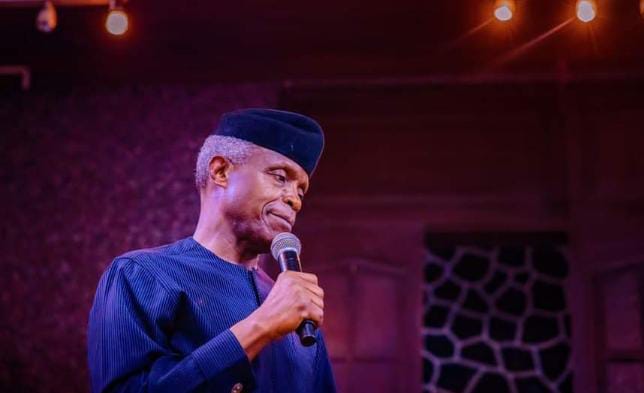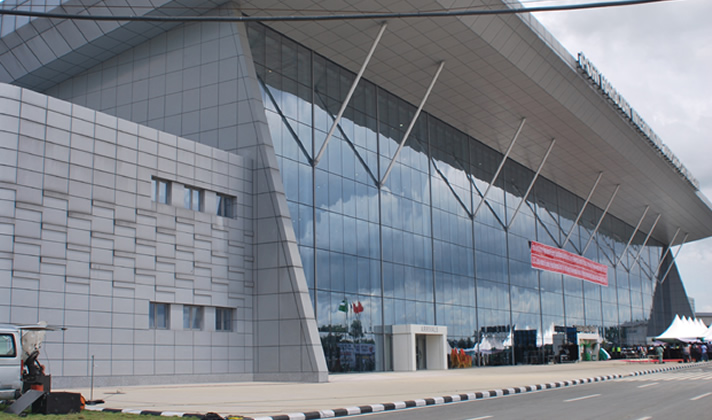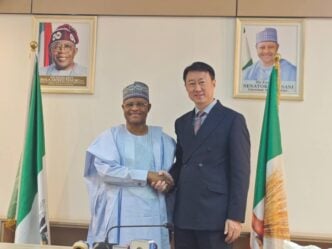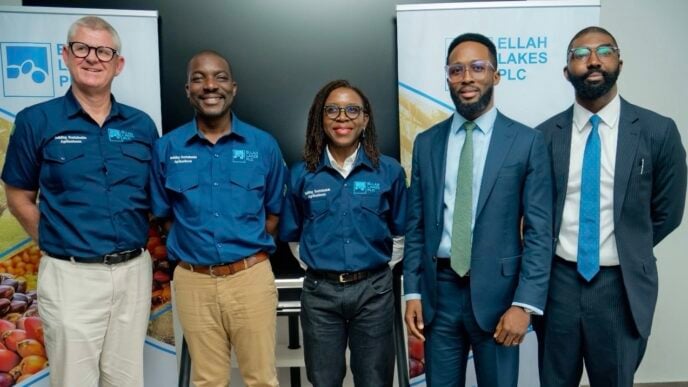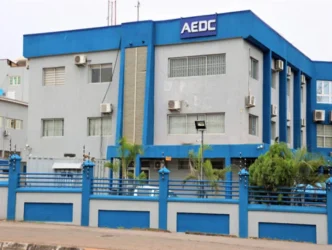Wale Edun, the minister of finance, says the federal government will review tariffs and import restrictions as part of the next phase of economic reforms aimed at boosting productivity and investment.
Edun, who is also the coordinating minister of the economy, spoke on Thursday at the federal executive council (FEC) meeting, presided over by President Bola Tinubu.
He said a detailed review of the federation and federal balance sheets is underway to optimise asset management for inclusive growth.
“The next phase of reforms will remove barriers holding back investors. We will review tariffs and import restrictions to stimulate productivity and investment,” the minister said.
Advertisement
“We are improving fiscal reporting and budget realism, tightening expenditure frameworks and ensuring reforms gains are made available to all Nigerians.”
Edun said the reforms implemented under Tinubu’s ‘renewed hope’ agenda — though bold and sometimes unpopular — are rooted in the vision of building a competitive economy that attracts investments, creates jobs and lifts millions out of poverty.
‘4.23% GDP GROWTH RATE IN Q2 HIGHEST IN 10 YEARS’
Advertisement
He said Nigeria’s gross domestic product (GDP) grew by 4.23 percent in the second quarter (Q2) of 2025, the highest in a decade outside the COVID rebound.
The minister said 13 sectors recorded growth above 7 percent, up from nine in the previous quarter –showing broad-based resilience.
“The industrial sector nearly doubled its growth from 3.72 percent to 7.45 percent, reflecting rising productivity and investor confidence,” he said.
“Inflation eased to 18 percent, while, as we know, foreign exchange reserves topped 43 billion, and our trade surplus topped 7.4 trillion. Clear examples of macroeconomic stability.”
Advertisement
The finance minister said the successful issuance of tthe $2.25 billion eurobond, in which the orderbook peaked at over $13 billion, reflects continued investor confidence in Nigeria’s economic reforms despite political headwinds.
“The market shrugged off those political considerations and focused on the economic fundamentals of Nigeria,” he said.
‘NIGERIA MUST DEVELOP PROJECTS TO ATTRACT INVESTMENT’
Edun reaffirmed the administration’s commitment to achieving a N1 trillion economy by 2030, noting that to meet this goal, Nigeria must accelerate growth to 7 percent per annum by 2027.
Advertisement
“Critical to attaining this growth trajectory will be attracting a necessary investment into our economy,” the minister said.
“With public investment at only 5 percent of GDP, we must urgently develop investment-ready projects across so many sectors that will crowd in large-scale, domestic and external capital, direct investment in the economy by Nigerians as well as by foreigners.”
Advertisement
He urged ministers overseeing key sectors, including infrastructure, mining, agriculture, education, health, blue economy, digital innovation, arts and culture, to work with state governments to identify and package projects that meet investor expectations.
Edun said the government must make the most of every naira to maintain economic momentum, noting that with limited funding from multilateral institutions, Nigeria will need to rely more on its own resources.
Advertisement
